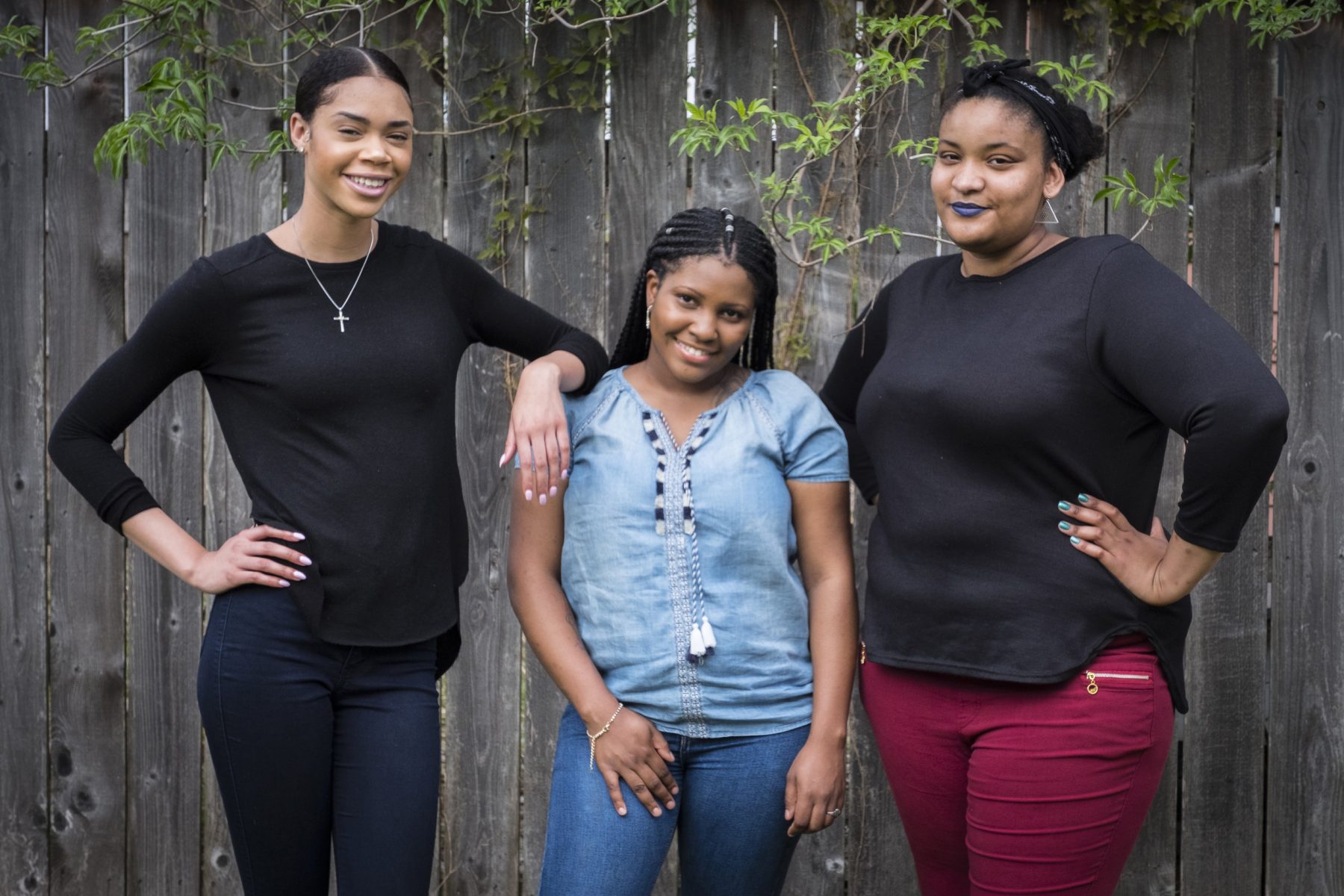Reproductive Health Program Director Tamara Kreinin Shares Reaction
Today’s Supreme Court ruling on June Medical Services v. Russo is a victory for all those working to ensure everyone has access to reproductive health services and safe abortion care. The Court’s decision today to strike down the Louisiana law as unconstitutional, acknowledging how similar it was to the unconstitutional Texas “admitting privileges” law, reaffirms crucial reproductive rights upheld in Roe v. Wade. Today’s decision is a testament to reproductive rights advocates across the country, and their inspiring, hard work to fight for what is right.
Today’s decision also underscores how fragile reproductive rights are nationwide, and how much more work there is to do. At the Packard Foundation, we envision a world in which every person can make the best decision for themself about whether and when to become pregnant or have a child with dignity and support. When all people have access to quality reproductive health care, their health and well-being improve, families prosper, communities are stronger, and economic opportunities are greater.
At the Packard Foundation, we remain steadfast in our commitment to protecting reproductive health and rights and doing so through a lens of equity and justice. We state this with pride, but also with humility, as we are always learning.
But the reality is that the current state of reproductive health in the U.S. is far from that vision. People of color, people facing financial struggles, young people, and LGBTQ people have a more difficult time than others accessing abortion services in Louisiana and across the country. Especially now – when COVID-19 has compounded the underlying racial disparities and health inequities surrounding access to essential health services like abortion – we must make these services even more accessible to everyone.
Those of us privileged to sit in positions of power within philanthropy must recognize that issues of racial justice, equity, and reproductive rights are interconnected. We must support the movement for reproductive justice, which was founded by Black women to describe an intersectional understanding of reproductive health, acknowledging that the impacts of race, class, gender, ability, nationality, and sexuality are not additive, but integrative.
At the Packard Foundation, we remain steadfast in our commitment to protecting reproductive health and rights and doing so through a lens of equity and justice. We state this with pride, but also with humility, as we are always learning.
We are inspired by the fierce, creative, and resilient leaders and organizations we support in Louisiana, Mississippi, and across the country—from local abortion funds who ensure people can afford and access services, to advocacy organizations who fight for policy change, to organizations and programs providing comprehensive sex education. We stand with them, we are so grateful for their hard work, and we will continue to support their efforts at the crucial intersection of reproductive health, rights, and justice as they work to ensure everyone has access to equitable sexual and reproductive health.








